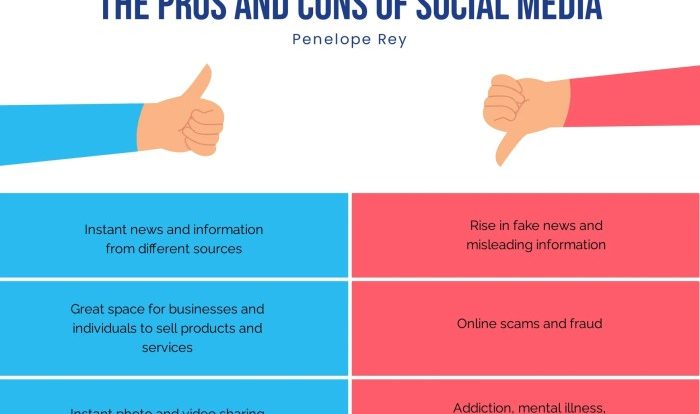React to the alarm crossword and immerse yourself in a world of enigmatic puzzles that will test your wit and expand your knowledge. This comprehensive guide will equip you with the strategies and insights you need to conquer these captivating challenges, unlocking the cognitive benefits and entertainment they offer.
From deciphering daily puzzles to tackling themed crosswords, we’ll delve into the diverse types of alarm crosswords and explore the techniques that will lead you to successful solutions. Discover the historical roots of these puzzles and their enduring popularity in popular culture.
Meaning of the Alarm Crossword
Definition of an Alarm Crossword
An alarm crossword is a type of crossword puzzle that includes clues related to alarms or waking up in the morning.
Concept of an Alarm Crossword
The concept of an alarm crossword combines the traditional crossword puzzle format with clues that revolve around the theme of alarms. Solvers must use their knowledge of alarms, such as different types of alarms, alarm sounds, and alarm-related terms, to complete the puzzle.
Types of Alarm Crosswords
Alarm crosswords come in various types, each offering unique challenges and variations in difficulty.
- Daily Puzzles:Published daily in newspapers or online, these crosswords typically consist of a 15×15 grid with a straightforward theme. They are generally accessible to a wide range of solvers and serve as a good starting point for crossword enthusiasts.
- Weekly Puzzles:Appearing in Sunday newspapers or magazines, weekly crosswords are larger and more complex than daily puzzles, often featuring a 21×21 grid or even larger. They may incorporate more challenging themes and obscure vocabulary, appealing to experienced solvers.
- Themed Puzzles:These crosswords revolve around a specific theme, such as a particular topic, event, or historical period. Themed puzzles offer a creative twist on traditional crosswords and can range from lighthearted to highly specialized.
Solving Techniques for Alarm Crosswords
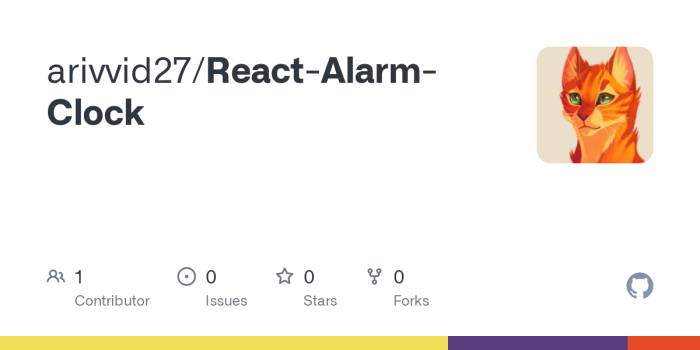
Alarm crosswords present a unique challenge, requiring a blend of logical thinking and lateral thinking. Here are some strategies to help you solve them efficiently:
Context Clues
Pay close attention to the clues. They often contain hidden hints or references to the answer. Look for synonyms, antonyms, homophones, and other wordplay techniques.
Pattern Recognition
Analyze the grid for patterns. Similar clues may indicate recurring themes or patterns. This can help you narrow down possible answers and identify potential overlaps.
Utilize Resources
Don’t hesitate to use online resources such as crossword dictionaries or solvers. They can provide hints or suggestions when you’re stuck. However, try to use these resources as a last resort to avoid spoiling the puzzle.
Benefits of Solving Alarm Crosswords

Solving alarm crosswords offers a multitude of cognitive benefits that can enhance our mental abilities. Engaging in this activity regularly can lead to improvements in problem-solving skills, vocabulary, and memory.
When we attempt to solve an alarm crossword, we are presented with a series of clues that require us to think critically and apply our knowledge to find the correct answers. This process challenges our cognitive abilities and forces us to exercise our problem-solving skills.
As we continue to practice, our ability to analyze clues, make inferences, and come up with solutions becomes more efficient.
Improved Vocabulary
Alarm crosswords also provide a rich source of vocabulary. The clues often contain unfamiliar words or phrases that require us to consult a dictionary or thesaurus. By doing so, we expand our knowledge of the language and enhance our ability to express ourselves effectively.
Trying to crack the “react to the alarm” crossword clue? Don’t sweat it! While you’re at it, why not explore the fascinating world of kappa alpha psi line names ? These unique monikers hold a rich history and cultural significance, making them an intriguing topic for crossword enthusiasts and history buffs alike.
With a little bit of research, you’ll be able to solve that crossword clue and impress your friends with your knowledge!
Enhanced Memory
The process of solving alarm crosswords also helps to strengthen our memory. When we learn new words or concepts, our brains form new neural connections. These connections are reinforced each time we recall the information, making it easier for us to remember it in the future.
As we solve more and more alarm crosswords, our memory for words and concepts improves.
Historical Context of Alarm Crosswords: React To The Alarm Crossword
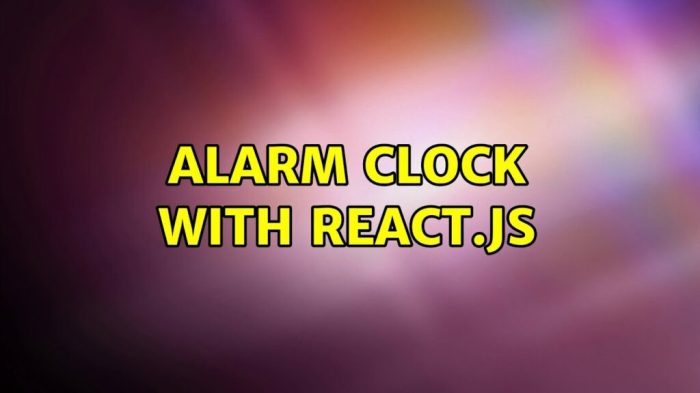
Alarm crosswords have a rich history that dates back to the early 20th century. The first known alarm crossword was published in the New York World in 1913. It was created by Arthur Wynne, who is also credited with inventing the crossword puzzle.
Wynne’s alarm crossword was a simple 15×15 grid with clues that were designed to be solved in a hurry.
Alarm crosswords quickly became popular, and they were soon being published in newspapers and magazines across the country. In the 1920s, alarm crosswords were featured in radio and television shows, and they became a popular form of entertainment. The Golden Age of Alarm Crosswords lasted until the 1950s, when they began to decline in popularity.
Role in Popular Culture and Entertainment
Alarm crosswords have played a significant role in popular culture and entertainment. They have been featured in movies, television shows, and books. In the 1940s, the radio show “Quiz Kids” featured a regular segment on alarm crosswords. In the 1950s, the television show “I’ve Got a Secret” often featured contestants who were able to solve alarm crosswords in record time.
Alarm crosswords have also been used as a teaching tool. In the 1960s, the Peace Corps used alarm crosswords to teach English to volunteers in developing countries. Today, alarm crosswords are still used in schools and libraries to help students improve their vocabulary and problem-solving skills.
Examples of Alarm Crosswords

Alarm crosswords come in a variety of difficulty levels, from beginner-friendly to mind-boggling. Here are some examples to showcase the range:
Easy Alarm Crossword
This crossword puzzle from The New York Times is suitable for beginners. It features straightforward clues and a simple grid layout:
- Across
- 1. A loud noise (4 letters)- ALARM
- 3. A time to wake up (3 letters) – DAWN
- Down
- 1. A device that makes a loud noise (5 letters)- SIREN
- 2. A feeling of fear or worry (6 letters) – ANXIETY
Challenging Alarm Crossword
This crossword puzzle from The Guardian is more challenging, with cryptic clues and a complex grid layout:
- Across
- 1. Time to wake up (5 letters)- REVEILLE
- 3. A loud noise that can be alarming (7 letters) – THUNDERCLAP
- Down
- 1. A device that makes a loud noise to warn of danger (6 letters)- BELL
- 2. A feeling of fear or anxiety caused by an alarm (7 letters) – TERROR
Online Resources for Alarm Crosswords
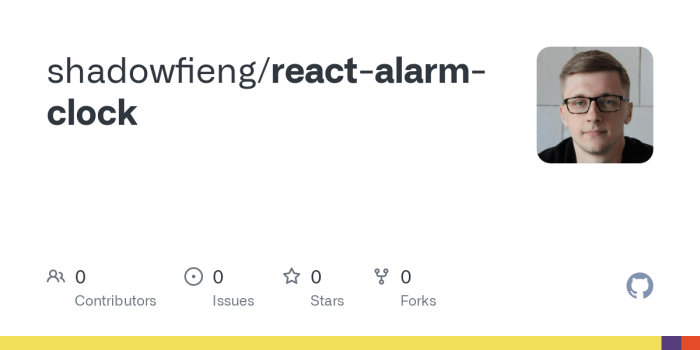
There are numerous websites and apps available that offer alarm crosswords, each with its own unique features and benefits.
Websites
Crossword Labs
Offers a vast collection of alarm crosswords with varying difficulty levels, from beginner to expert. It provides hints and solutions to help solvers along the way.
The Crossword Solver
Provides a wide range of alarm crosswords, including themed puzzles and daily challenges. It allows users to save their progress and access their solved puzzles.
The New York Times Crossword
Features a daily alarm crossword with a unique and challenging theme. It is known for its high-quality puzzles and insightful commentary.
Apps
CodyCross
A mobile app that offers a wide variety of alarm crosswords, including themed puzzles and daily challenges. It provides hints and allows users to earn coins for completing puzzles.
Wordalot
A mobile app that features a large collection of alarm crosswords with varying difficulty levels. It offers hints and solutions, and allows users to compete with others in daily tournaments.
Puzzler
A mobile app that provides a variety of alarm crosswords, including daily puzzles and themed challenges. It allows users to track their progress and share their solved puzzles with others.
Creating Your Own Alarm Crossword
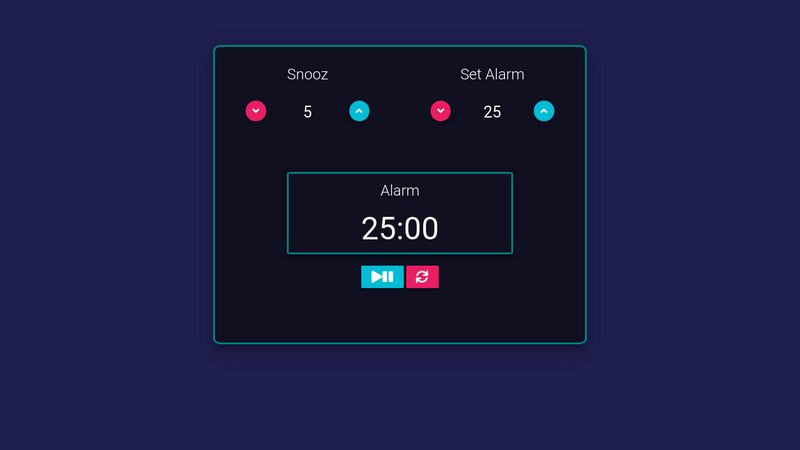
Crafting your own alarm crossword puzzle can be a fun and rewarding experience. Here’s a comprehensive guide to help you create your own puzzle:
Designing the Grid, React to the alarm crossword
- Determine the size of your grid. Common sizes include 15×15, 17×17, and 19×19.
- Sketch out the grid on paper or use an online grid creator.
- Designate black squares to create the word boundaries.
Filling in the Clues
- Write down the answers to your puzzle.
- Craft clues that are clever and challenging, but not impossible to solve.
- Consider using a thesaurus to find synonyms or related terms for your answers.
Testing the Puzzle
- Solve the puzzle yourself to check for any errors or inconsistencies.
- Ask friends or family to test it and provide feedback.
- Make any necessary adjustments to improve the puzzle’s difficulty and enjoyment.
FAQs
What is the purpose of an alarm crossword?
Alarm crosswords are designed to provide mental stimulation, improve problem-solving skills, and expand vocabulary.
How do I solve an alarm crossword puzzle?
Use context clues, identify patterns, and utilize resources like dictionaries and thesauruses to fill in the blanks.
What are the benefits of solving alarm crosswords?
Alarm crosswords enhance cognitive function, improve memory, and provide a fun and engaging way to learn new words.
